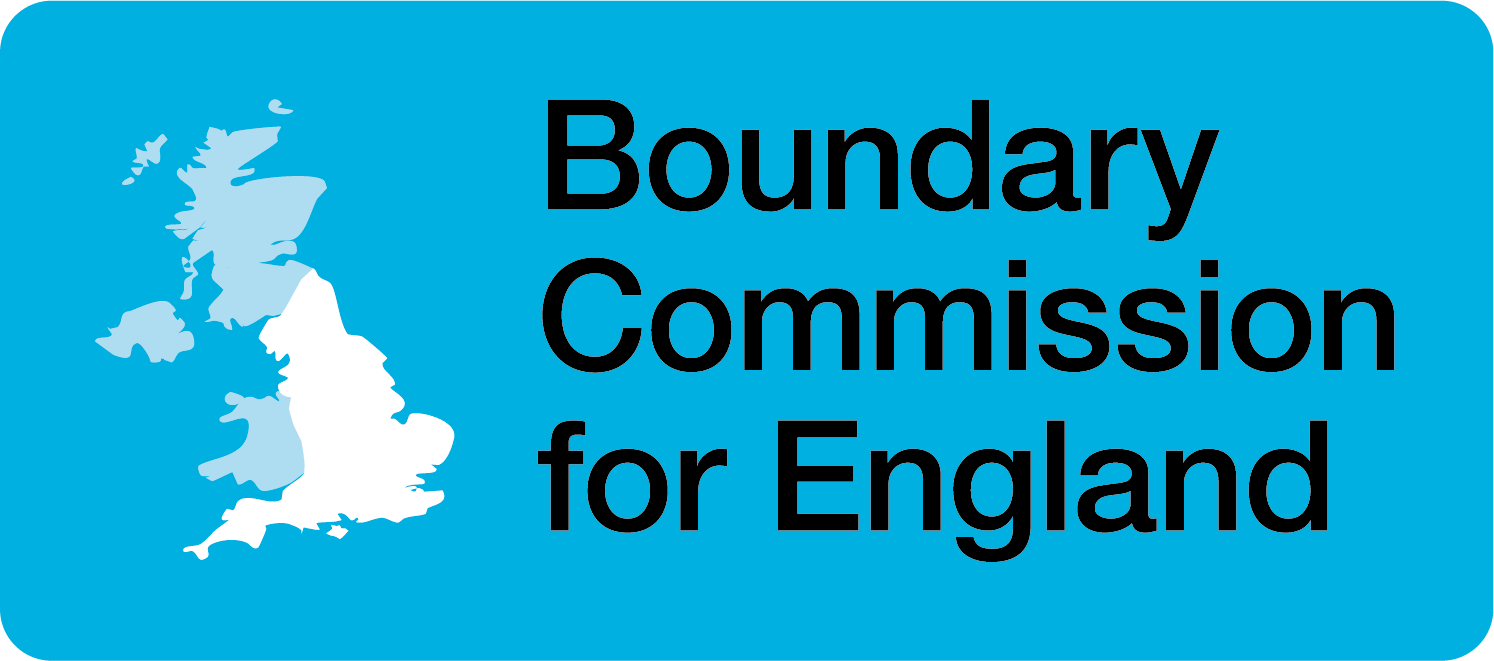Objectives and outcomes for 2021/22
Overall objective
- The Commission’s focus this year has been on delivering the first substantive consultations on the 2023 Review. This includes the development of the Initial Proposals, consultation on them and a secondary consultation on all the comments received. During this latter consultation public hearings are also convened. It is therefore the busiest financial year in the 2023 Review.
Main objectives and outcomes for 2021/22
- The main objectives for the Commission during the financial year 2021/22 were:• By the end of May 2021, develop all hard copy and electronic documentation for publication of initial proposals.
Following the Commissioners’ sign-off of initial proposals in March, subsequent drafting, agreement and printing of the formal reports were completed on time.• By the end of May 2021, have a fully developed and tested online consultation portal ready to deploy for the initial consultation period, complete with data layers for existing boundaries, and electorates for local authorities and wards.
Following extensive development and user testing, our online consultation portal was in place and ready to be used in a live environment by the end of May. This was launched successfully along with the initial consultation on 8 June 2021.• By the end of July 2021, have secured the appointment of a suitable number of Assistant Commissioners to assist the Commission in its work, particularly in relation to chairing public hearings and assessing responses to the Commission’s proposals for new constituencies.
The Commission ran an open public recruitment campaign during February and March 2021, receiving 219 applications and interviewing 46 applicants. Recommendations were sent to the Cabinet Office (where at that time, this Minister was responsible for making these appointments) in September 2021. 18 appointments were subsequently made, with a start date of the beginning of October 2021 and a term of office of one year.• By the end of August 2021, conduct a comprehensive eight-week statutory consultation on the initial proposals.
The initial consultation was delivered between 8 June to 2 August 2021. The consultation was supported by a complimentary advertising and publicity campaign, designed to raise awareness and encourage participation in the review. An evaluation of this campaign is included in the published papers of the Commission meeting on 22 November 2021. In response to this consultation, the Commission received over 34,000 written representations.• By the end of February 2022, have prepared for publication all written responses received in the consultation on initial proposals.
All 34,000 representations received during the initial consultation were published on 7 February 2022. They were published two weeks in advance of the six week secondary consultation which ran from 22 February to 4 April.• Organise and aim to deliver public hearings in each region by the end of spring 2022.
During the six week secondary consultation the Commission convened 32 public hearings across England as follows: three in the Eastern region (Cambridge, Southend, Ipswich), three in the East Midlands (Nottingham, Leicester, Northampton), five in London (Westminster, Havering, Ealing, Merton, Bromley), two in the North East (Newcastle, Middlesbrough), five in the North West (Manchester, Liverpool, Chester, Preston, Kendal), four in the South East (Crawley, Portsmouth, Reading, Ashford), four in the South West (Exeter, Gloucester, Bath, Dorchester), three in the West Midlands (Birmingham, Stafford, Worcester) and three in the Yorkshire and the Humber region (Leeds, Hull, Northallerton). The Commission received over 1,000 oral representations at the public hearings. The representations made at the hearings were published on the Commission YouTube webpage during the course of the secondary consultation.• By the end of March 2022, have published the statutory ‘annual report on progress’, which the Commission is required to provide to the Speaker of the House of Commons, updating on progress with a live review.
The Commission formally submitted its annual report of progress – covering the calendar year of 2021 – to the Speaker of the House of Commons on 27 January 2022. The report was also published on the Commission website.• During the course of the year the Commission will aim to hold three formal meetings to assess progress with the Review and make key decisions, and will also be represented at the Annual Meeting of UK Boundary Commissions.
The Commission considered it necessary to hold four formal meetings during the 2021/22 financial year. The first meeting on 21 May agreed a number of substantive policies and the publication of the initial proposals. The second on 14 September agreed its approach to the public hearings and an update on the first consultation. The third on 22 November agreed a number of detailed policies and finally the fourth on 6 January 2022 finalised undertaking the public hearings. The Commission was also represented by the Secretary at the Annual Meeting of UK Boundary Commissions to discuss matters of common interest, held virtually on 26 January 2022.
